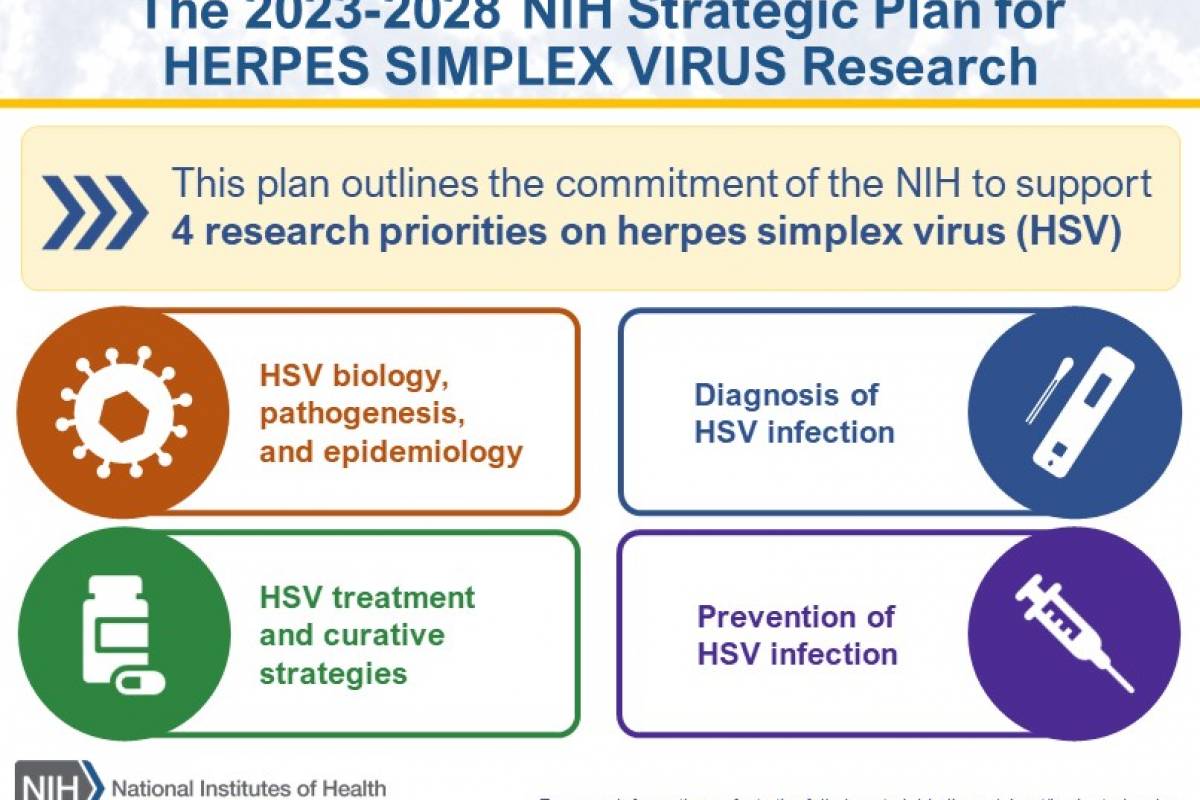Herpes Monoclonal Antibody Combo Found Highly Effective

Researchers recently wrote that combining two monoclonal antibodies for treating chronic herpes simplex 2 (HSV-2) may provide a novel therapeutic option for this expanding disease.
The U.S. CDC says HSV constitutes a significant global health concern due to its wide range of clinical manifestations that can affect the skin and mucous membranes, the eyes, and the nervous system.
On May 28, 2024, the Journal of Biomedical Science published results from a study designed to develop a next-generation therapy by combining different antiviral monoclonal antibodies.
This research showed that the fully human antibody HDIT102 has the potential for further clinical development as a potent novel HSV therapeutic, particularly in combination with its clinical humanized ancestor antibody HDIT101.
HDIT101 is a humanized IgG that was previously investigated in phase 2 clinical trials.
Both antibodies induced the internalization of gB from the cell surface into acidic endosomes by binding distinct epitopes in domain I of gB and competing for binding.
CryoEM analyses revealed the ability to form heterogenic immune complexes consisting of two HDIT102 and one HDIT101 Fab bound to one gB trimeric molecule.
Both antibodies mediated antibody-dependent phagocytosis by antigen presenting cells which stimulated autologous T-cell activation.
In vivo, the combination of HDIT101 and HDIT102 demonstrated synergistic effects on survival and clinical outcome in immunocompetent BALB/cOlaHsd mice.
In conclusion, these researchers wrote, 'Antibody characteristics to inhibit cell-to-cell spread, to mediate uptake of cell-free viruses by phagocytic cells and concomitantly stimulate T-cell responses may promote cellular immunity and may have benefits in preventing recurrences.'
Antibody therapeutics are available to address a variety of diseases, and the U.S. Food and Drug Administration has approved more than 100 products.
Despite years of development, HSV vaccine candidates have yet to be approved. As of June 10, 2024, several herpes vaccines are conducting clinical research.
Our Trust Standards: Medical Advisory Committee























